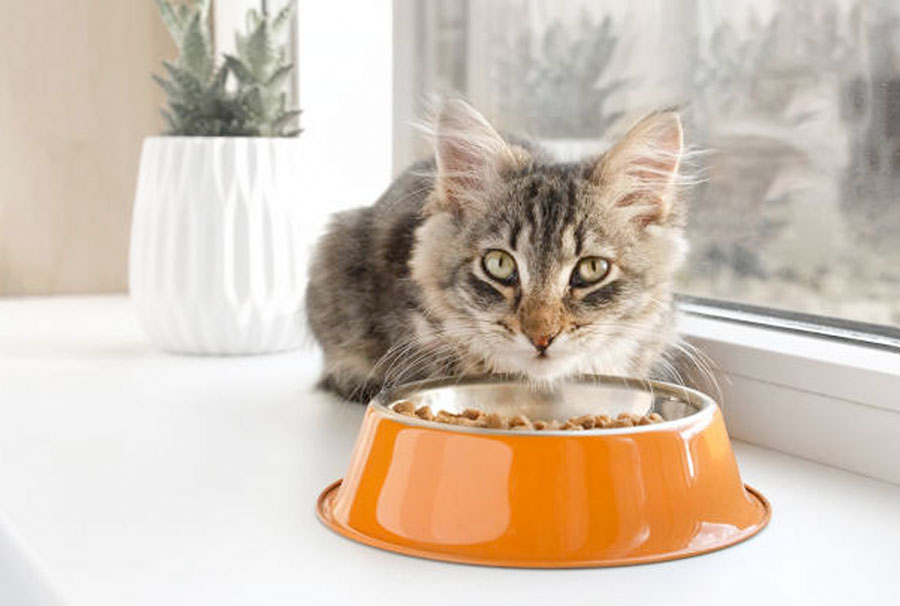Although cats can contract highly pathogenic avian influenza, epidemiologists believe cats are not a significant vector for the disease.
In July, a cat died of highly pathogenic avian influenza at a shelter in Seoul, South Korea’s Gwanak district, reported Yonhap New Agency. Another cat contracted the disease but survived. South Korea’s Ministry of Agriculture, Food and Rural Affairs tested the cats’ food and found the H5N1 strain of avian influenza in two kinds of cat food used at the shelter. The cat foods were Balanced Duck and Balanced Chicken manufactured by Nature’s Raw at its facility in Gimpo, west of Seoul. The Ministry stated that the company had failed to follow necessary sterilization steps since May 25 due to an equipment malfunction. The South Korean government ordered the cat food producer to stop producing and selling the items and to recall and destroy existing stocks. Two cats in another shelter, located in Seoul’s Yongsan district, also contracted avian influenza in July. Several more cases of avian influenza in cats at the two shelters have been confirmed by the Ministry.
No humans in contact with the cats have tested positive for avian influenza. Although cats can contract highly pathogenic avian influenza, epidemiologists believe cats are not a significant vector for the disease and do not play a major role in transmitting avian influenza to people or other animals.
Avian influenza infection of cats
Avian influenza or bird flu naturally spreads among wild aquatic birds worldwide and can infect domestic poultry and other bird and animal species, according to the World Health Organization. Highly pathogenic avian influenza is a subtype of the virus. It can cause severe illness and high mortality rates in domestic poultry and wild birds. The viruses can devastate poultry industries and have economic repercussions due to trade restrictions. Some varieties, including H5N1, can cross species barriers and may cause severe illnesses in mammals.
In June, the IHR National Focal Point of Poland notified the World Health Organization of unusual deaths in cats across the country, suspected to be caused by highly pathogenic avian influenza. As of July 11, 47 samples had been tested from 46 cats and one captive caracal. Twenty-five samples tested positive for H5N1 avian influenza. Fourteen cats were euthanized. A further 11 died with the last death reported on June 30. Some cats developed severe symptoms, such as labored breathing, bloody diarrhea and neurological signs. Some of the cats deteriorated rapidly and died. In total, 20 cats had neurological signs, 19 had respiratory signs and 17 had both signs. Epidemiologists have not determined the cats’ source of exposure to the virus.

